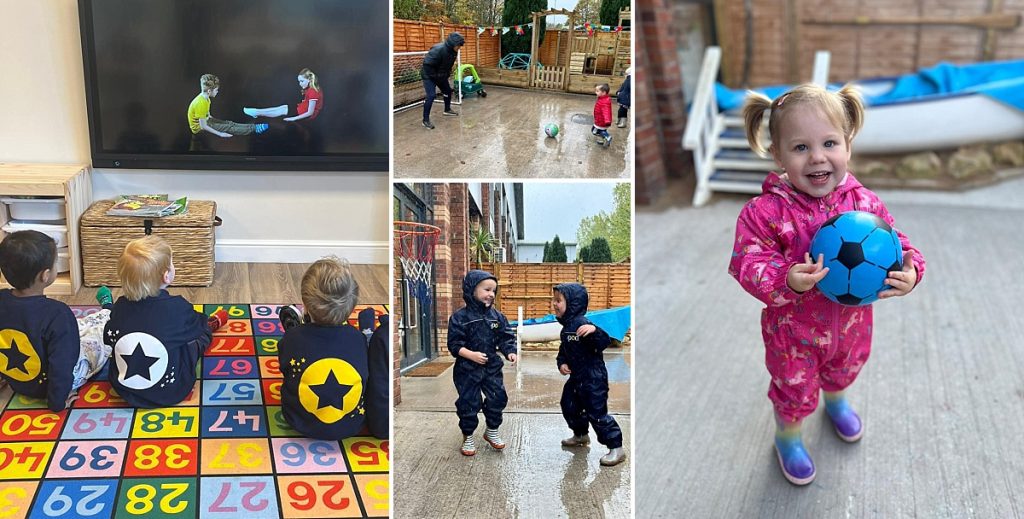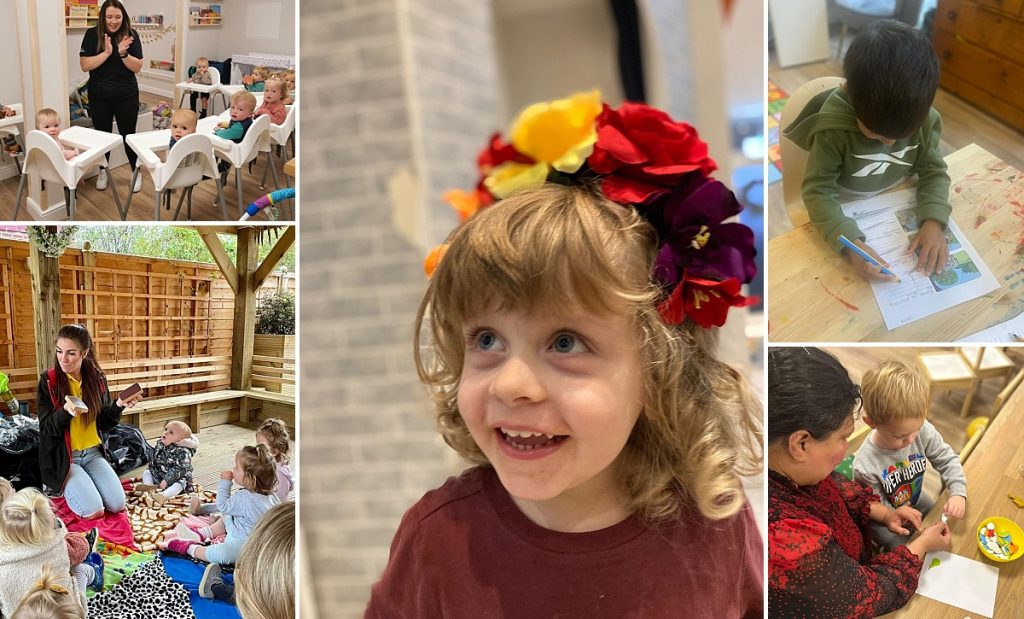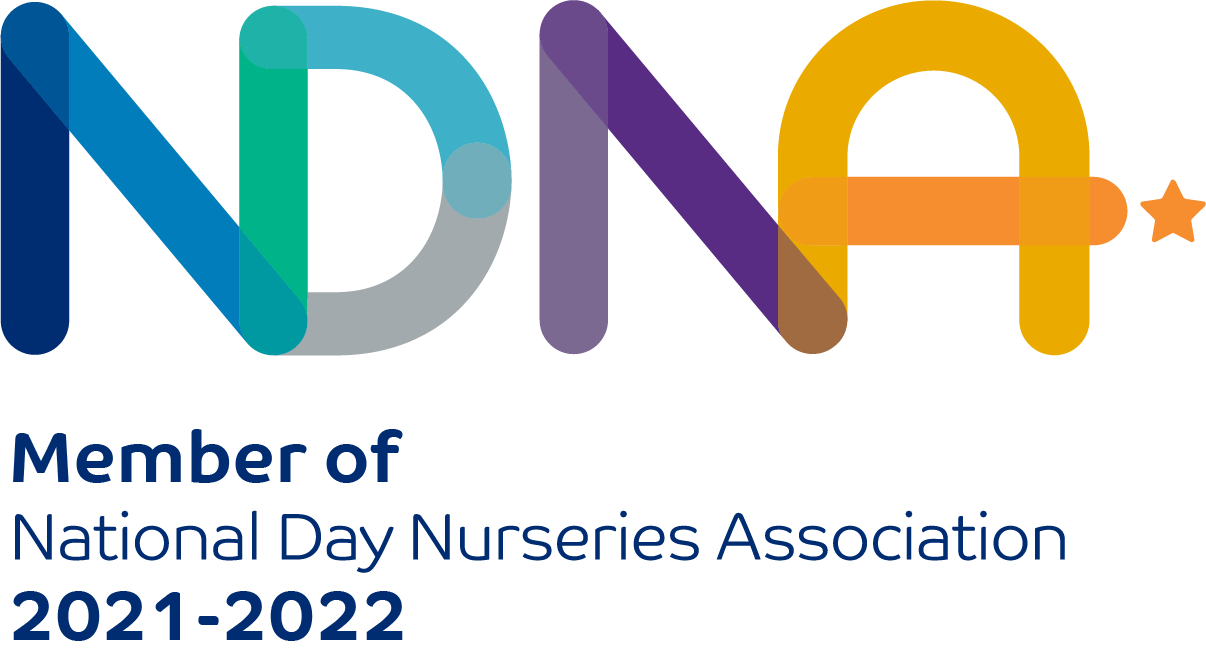When you think about preparing your child with all the tools they need to succeed in the future, you might automatically think of the importance of learning their letters or numbers and other academically minded things. Whilst these absolutely matter, there is another area of learning that also carries some serious clout...
“Cultural Capital” is the buzz word of Early Years Foundation Stage (EYFS) for a reason. It’s a crucial part of the curriculum that focuses on providing children with the means to access and understand the rich, culturally diverse society we live in. From learning social cues (politeness, turn-taking and teamwork) to better understanding the world around us (like how to post a letter or how to care for our environment), Cultural Capital is about exposing our children to new, different and broader experiences that will further enrich their individual learning.
Cultural Capital is mega important to us at the POD. Helping kids thrive through stimulating their curiosity with exciting experiences and activities is kind of our thing. Whilst we’re always bolstering our kid’s Cultural Capital in the classroom and playground through a myriad of prompts and deep dives, we also have some dedicated Cultural Capital time on our weekly schedule.
Here’s how we’ve added extra Cultural Capital to our POD curriculum.
1. Sports & Physical Activity
Whether it’s competitive sport to non-competitive physical education, P.E. is a brilliant way to inject Cultural Capital into kids lives. Sports like football or basketball immerse children into games where winning (or losing gracefully) are skills that are just as important as being a capable player.

Encouraging these softer skills is exactly the kind of rich experiences that Cultural Capital is set to promote. Whether kids are learning the rules of a game, trying new sporting equipment for the first time, learning about different cultures through dance or understanding the spiritual side of yoga, fuelling their curiosity, and topping up their experience tank is what P.E. offers in abundance.
Developing this physical ability naturally helps children boost their confidence and self-esteem. Activities like rugby, obstacle courses and climbing promotes skills such as focus and perseverance that will help children both in sports but also in the classroom. Keeping kids healthy in both mind and body, filling them with confidence and team spirit, is not only an essential part of their development but sets our children up to thrive in the future.
2. Language Learning
Language and culture have always been closely intertwined. Languages naturally give us a broader perspective of the world. It will come as no surprise that, by introducing our kids to another language, it offers them an invaluable cultural experience. Whether that is learning simple French greetings, songs or learning about the different foods in France, exploring another language helps children foster an interest in different cultures and lifestyles as well as boosting their geographic knowledge. From trying out new or unfamiliar sounds to building confidence in trying new words, learning about a new language is not only inspiring and stimulating but can lay the foundations for linguistic confidence in the future.

Learning about the world around us, comparing our language similarities (and differences) are all essential building blocks for providing a rich and immersive Cultural Capital curriculum. Our Celebration Calendar is packed full of international festivals, religious events, and National days so we can really immerse ourselves in the whole world around us. It’s even inspired a recent ‘Mega Minds’ topic where the children chose to learn more about China!
3. Practically Wild
Outdoor adventure skills, learning the names for things from the natural world and knowing how to care for our environment are all fantastic ways we help build a child’s Cultural Capital.
At The POD we call this ‘Practically Wild’ – just one of the ways we encourage children to be independent little warriors! Taking managed risks like climbing trees, using tools safely or even starting a fire, we believe that learning in the outdoors is just as important as learning in the classroom. And, our PODers go Practically Wild in ALL weather! It helps build resilience and adds to their understanding of our wider environment.

Whether we’re jumping in puddles in the rain or planting seeds in the sunshine we’re always learning about the natural world and our role within it. With our own veggie patch, we even pick home-grown ingredients for our daily smoothies! This allows us to try new tastes and textures plus discuss healthy eating.
From building bug hotels to going on scavenger hunts to caring for the HUGE beanstalks we have growing in our garden, Practically Wild helps children build their confidence and challenges them to be creative, to be brave and to use all their senses.
Ofsted define ‘Cultural Capital’ as the ‘knowledge children need to prepare them for their future success’ and be ‘educated citizens’. What this means is that the more exposed and aware children are (from an early age) of different ideas, cultures, experiences - from art to music, sport or language, the better equipped they are to thrive. At Practically Family we know that everyone’s experiences are different. Our Cultural Capital curriculum allows us to provide a well-rounded, stimulating selection of activities that give our children access to a variety of experiences and skills that go beyond the classroom. Skills that we believe will help them soar!
Cultural Capital is mega important to us at the POD. Helping kids thrive through stimulating their curiosity with exciting experiences and activities is kind of our thing. Whilst we’re always bolstering our kid’s Cultural Capital in the classroom and playground through a myriad of prompts and deep dives, we also have some dedicated Cultural Capital time on our weekly schedule.
Here’s how we’ve added extra Cultural Capital to our POD curriculum.
1. Sports & Physical Activity
Whether it’s competitive sport to non-competitive physical education, P.E. is a brilliant way to inject Cultural Capital into kids lives. Sports like football or basketball immerse children into games where winning (or losing gracefully) are skills that are just as important as being a capable player.

Encouraging these softer skills is exactly the kind of rich experiences that Cultural Capital is set to promote. Whether kids are learning the rules of a game, trying new sporting equipment for the first time, learning about different cultures through dance or understanding the spiritual side of yoga, fuelling their curiosity, and topping up their experience tank is what P.E. offers in abundance.
Developing this physical ability naturally helps children boost their confidence and self-esteem. Activities like rugby, obstacle courses and climbing promotes skills such as focus and perseverance that will help children both in sports but also in the classroom. Keeping kids healthy in both mind and body, filling them with confidence and team spirit, is not only an essential part of their development but sets our children up to thrive in the future.
2. Language Learning
Language and culture have always been closely intertwined. Languages naturally give us a broader perspective of the world. It will come as no surprise that, by introducing our kids to another language, it offers them an invaluable cultural experience. Whether that is learning simple French greetings, songs or learning about the different foods in France, exploring another language helps children foster an interest in different cultures and lifestyles as well as boosting their geographic knowledge. From trying out new or unfamiliar sounds to building confidence in trying new words, learning about a new language is not only inspiring and stimulating but can lay the foundations for linguistic confidence in the future.

Learning about the world around us, comparing our language similarities (and differences) are all essential building blocks for providing a rich and immersive Cultural Capital curriculum. Our Celebration Calendar is packed full of international festivals, religious events, and National days so we can really immerse ourselves in the whole world around us. It’s even inspired a recent ‘Mega Minds’ topic where the children chose to learn more about China!
3. Practically Wild
Outdoor adventure skills, learning the names for things from the natural world and knowing how to care for our environment are all fantastic ways we help build a child’s Cultural Capital.
At The POD we call this ‘Practically Wild’ – just one of the ways we encourage children to be independent little warriors! Taking managed risks like climbing trees, using tools safely or even starting a fire, we believe that learning in the outdoors is just as important as learning in the classroom. And, our PODers go Practically Wild in ALL weather! It helps build resilience and adds to their understanding of our wider environment.

Whether we’re jumping in puddles in the rain or planting seeds in the sunshine we’re always learning about the natural world and our role within it. With our own veggie patch, we even pick home-grown ingredients for our daily smoothies! This allows us to try new tastes and textures plus discuss healthy eating.
From building bug hotels to going on scavenger hunts to caring for the HUGE beanstalks we have growing in our garden, Practically Wild helps children build their confidence and challenges them to be creative, to be brave and to use all their senses.
Ofsted define ‘Cultural Capital’ as the ‘knowledge children need to prepare them for their future success’ and be ‘educated citizens’. What this means is that the more exposed and aware children are (from an early age) of different ideas, cultures, experiences - from art to music, sport or language, the better equipped they are to thrive. At Practically Family we know that everyone’s experiences are different. Our Cultural Capital curriculum allows us to provide a well-rounded, stimulating selection of activities that give our children access to a variety of experiences and skills that go beyond the classroom. Skills that we believe will help them soar!



